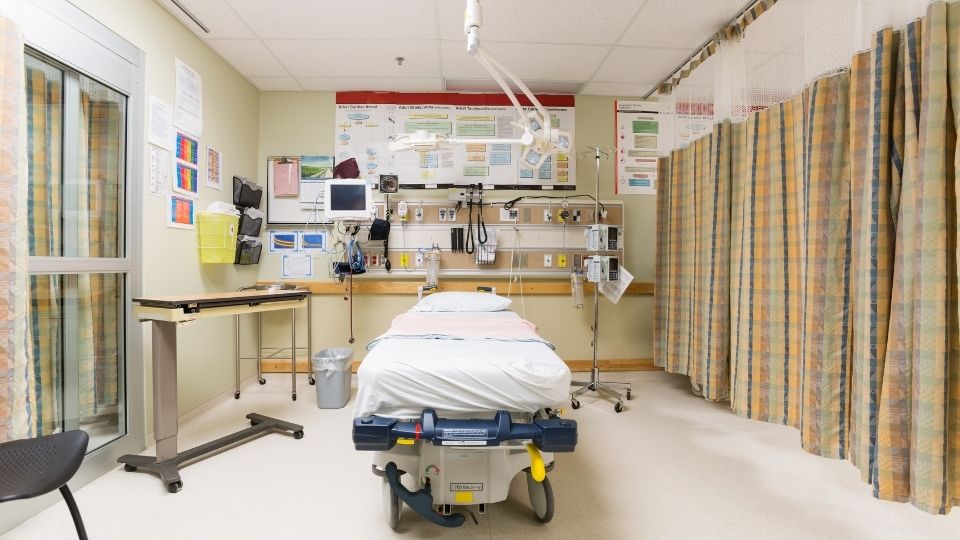Emergency services are healthcare institutions where patients who present with unexpected health conditions or urgent medical needs can receive immediate attention. These facilities are equipped with a variety of medical personnel and equipment and are designed to quickly evaluate, treat and refer patients. Emergency services not only provide first aid for life-threatening situations, but also facilitate treatment processes by appropriately directing patients.
Function and Importance of Emergency Services
Emergency services provide rapid evaluation and treatment of patients presenting with unexpected medical conditions. In life-threatening situations such as heart attack, stroke, respiratory distress, serious trauma, poisoning cases and other emergencies, emergency services can save patients' lives by providing rapid medical intervention. Additionally, even in less urgent situations, emergency rooms ensure patients are diagnosed and treated quickly, preventing the disease or injury from progressing.
Structure and Equipment of Emergency Services
Emergency services usually consist of a special department equipped with medical personnel, diagnostic equipment and treatment supplies. In this department, doctors, nurses, paramedics and other healthcare professionals evaluate and treat a variety of emergency situations. Emergency rooms evaluate patients using laboratory tests, x-rays, ultrasounds, EKGs, and other diagnostic tools and provide emergency treatment when necessary.
Functioning and Protocols of Emergency Services
Emergency departments follow certain protocols and procedures to quickly evaluate patients and treat their emergencies on a priority basis. These protocols may include the triage process, emergency response protocols, and patient orientation procedures. Emergency services ensure that each patient is prioritized according to their level of urgency and ensure that patients are referred in the most appropriate way.
The Importance of Emergency Services for Public Health
Emergency services play a critical role in protecting the overall health of the community. Patients presenting to emergency departments present an opportunity for early recognition and control of infectious diseases. Additionally, emergency services meet the urgent medical needs of the community, allowing patients to live longer and healthier lives.



